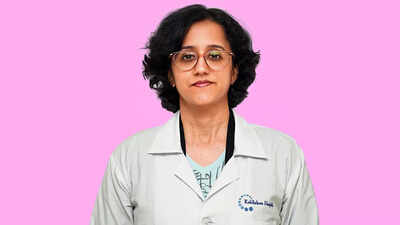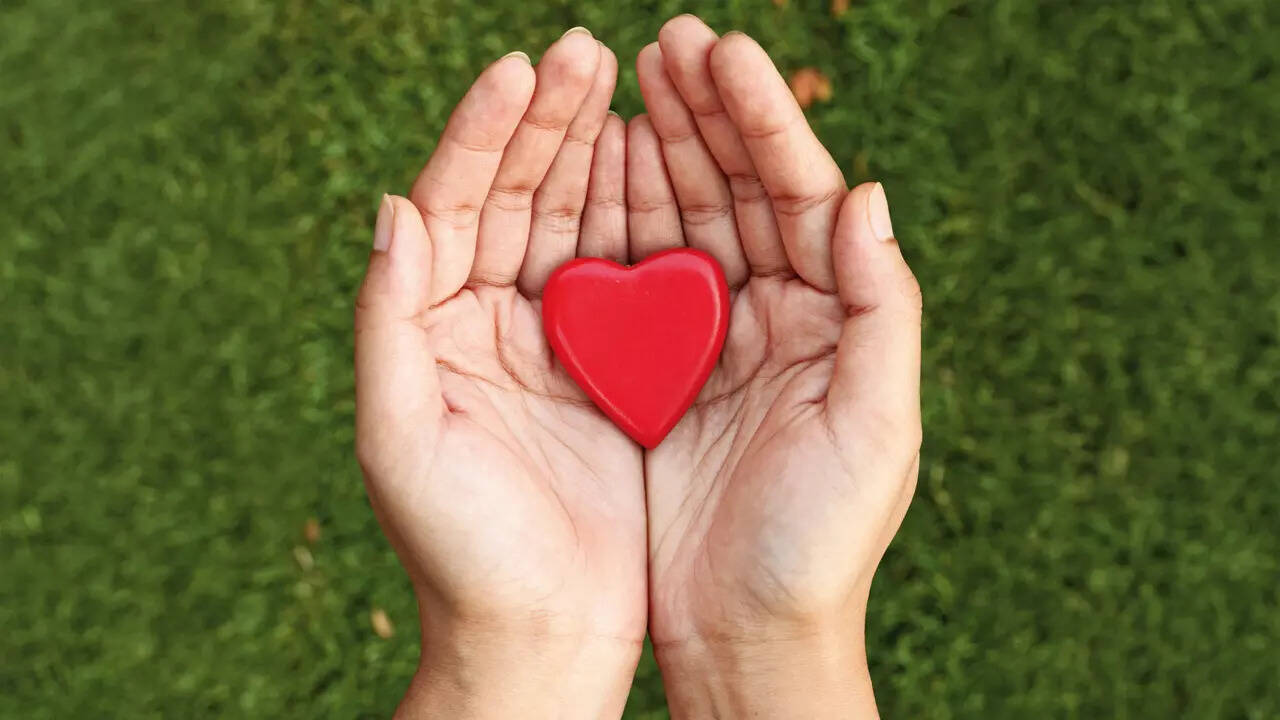ARTICLE AD BOX

Dr Tanuja KarandeAs doctors, we are trained to trust science — data, evidence, and established protocols. Yet, every so often, a case comes along that humbles you, reminding you that medicine is not just about numbers.
It is also about faith, intuition, and the extraordinary persistence of families who refuse to give up.I first met a lively 12-year-old from Thane in 2023. She had been diagnosed with cardiomyopathy, where the heart muscle weakens until it can no longer pump blood effectively. In a healthy child, the heart pumps at about 60% efficiency — meaning that with each beat, it pushes out 60% of the blood it receives. Her heart function had dropped to a terrifying 5%.
She was constantly breathless, had no appetite, and could barely walk.
At another tertiary hospital, she had already been listed for a heart transplant. She was at imminent risk of sudden cardiac death.

On the very day a donor heart became available, her mother shocked everyone by refusing the surgery. Against medical advice, she sought discharge and brought her child to us. Her father was uncertain, but her mother’s conviction was unshakeable: “I know my daughter will recover with medicines.
Please treat her. I do not want her to get the transplant.” As a cardiologist, I know it’s my duty to explain and convince the family to take the right decision.
Rejecting a transplant at this stage was almost like rejecting life itself. If our therapy failed, her chance of receiving another donor heart was negligible. Yet, I could not dismiss her intuition outright. We decided on a delicate compromise: we would continue aggressive medical therapy, but the moment she deteriorated, we would go back to the transplant list.
On the very day a donor heart became available, her mother shocked everyone by refusing the surgery. ‘I know my daughter will recover with medicines. Please treat her. I do not want her to get the transplant,’
Dr Tanuja Karande
What followed was nothing short of extraordinary... We started her on newer anti-heart-failure drugs that had shown promise in adults but were just beginning to be used in children in India. These medicines have to be delicately introduced, or they can worsen heart failure. To my relief, she tolerated them well. We added two more advanced drugs over time. Meanwhile, her mother ensured every instruction was followed to the letter.The family shifted homes to be closer to the hospital. Her blood pressure, heart rate, ECG, and weight were meticulously tracked during weekly visits. Fluid intake was measured daily. I was amazed at how both parents had complete faith, were so positive and determined. Slowly, her symptoms began to ease. She started eating again, her energy returned, and her numbers stabilised. Over nine months, her heart function rose from a desperate 5% to a near-normal 55%.
For someone with a genetic form of cardiomyopathy where recovery is rare, this was a medical miracle. In twenty years of practice, I have seen perhaps one or two such recoveries.Newer drugs have changed the landscape. If used judiciously and started early, they can halt decline and even reverse damage. The biggest need now is awareness — among paediatricians, primary care doctors, and even community health workers.
Too many children reach us only when they are critically ill. If they were referred earlier, many could avoid transplants altogether.Her story also highlights the gaps in our system. Paediatric heart failure remains underdiagnosed and underreported in India. While cardiomyopathy itself affects one to two children per lakh, paediatric heart failure rates are nearly three times higher, especially when congenital heart defects are included.
About a third of these children may eventually require a transplant. Yet, India’s organ donation rate is among the lowest in the world — less than 0.9 donors per million population.
Paediatric donations are rarer still. Families often run out of time waiting for a heart.This case is a story I share with families who walk into my clinic feeling hopeless. I tell them about a mother who refused to give up, who believed when none of us did, and whose child today is back in school, playing light sports, and dreaming of a future.Medicine will always be about science, but it’s also about listening. Sometimes, when evidence leaves no room for optimism, a mother’s voice does.Dr Tanuja Karande is a paediatric cardiologist at Kokilaben Dhirubhai Ambani Hospital, Mumbai. She spoke to Sharmila Ganesan Ram



.png)
.png)
.png)
















 2 hours ago
3
2 hours ago
3









 English (US) ·
English (US) ·